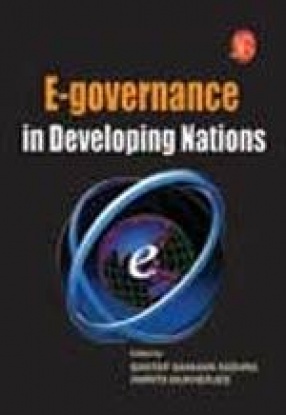Government is a machinery or institutional arrangement for exercising the sovereign power, while governance is the process as well as the result of taking authoritative decisions for the benefit of society. If the governance does not bring maximum benefits for maximum number of people, it results into mal-governance. In a welfare state, the aim is to be good governance; a number of ways are there to achieve that. E-governance is the most suitable one, which can bring a paradigm change in the face of governance. E-governance is the deployment of Information and Communication Technology (ICT) in the delivery of public services. In this competitive economy, e-governance is ubiquitous. But in terms of success of e-governance projects, developed nations are far ahead of developing nations, resulting in a digital divide. Developing nations have failed to exploit the full benefits of ICT. A plethora of causes are responsible for this, like, lack of proper technology, poor funding facility, lack of political commitment etc. This book is an attempt to illustrate such issues, by taking the experiences from some developing countries around the world.
Exit Interview
$17.10
$19.00









There are no reviews yet.